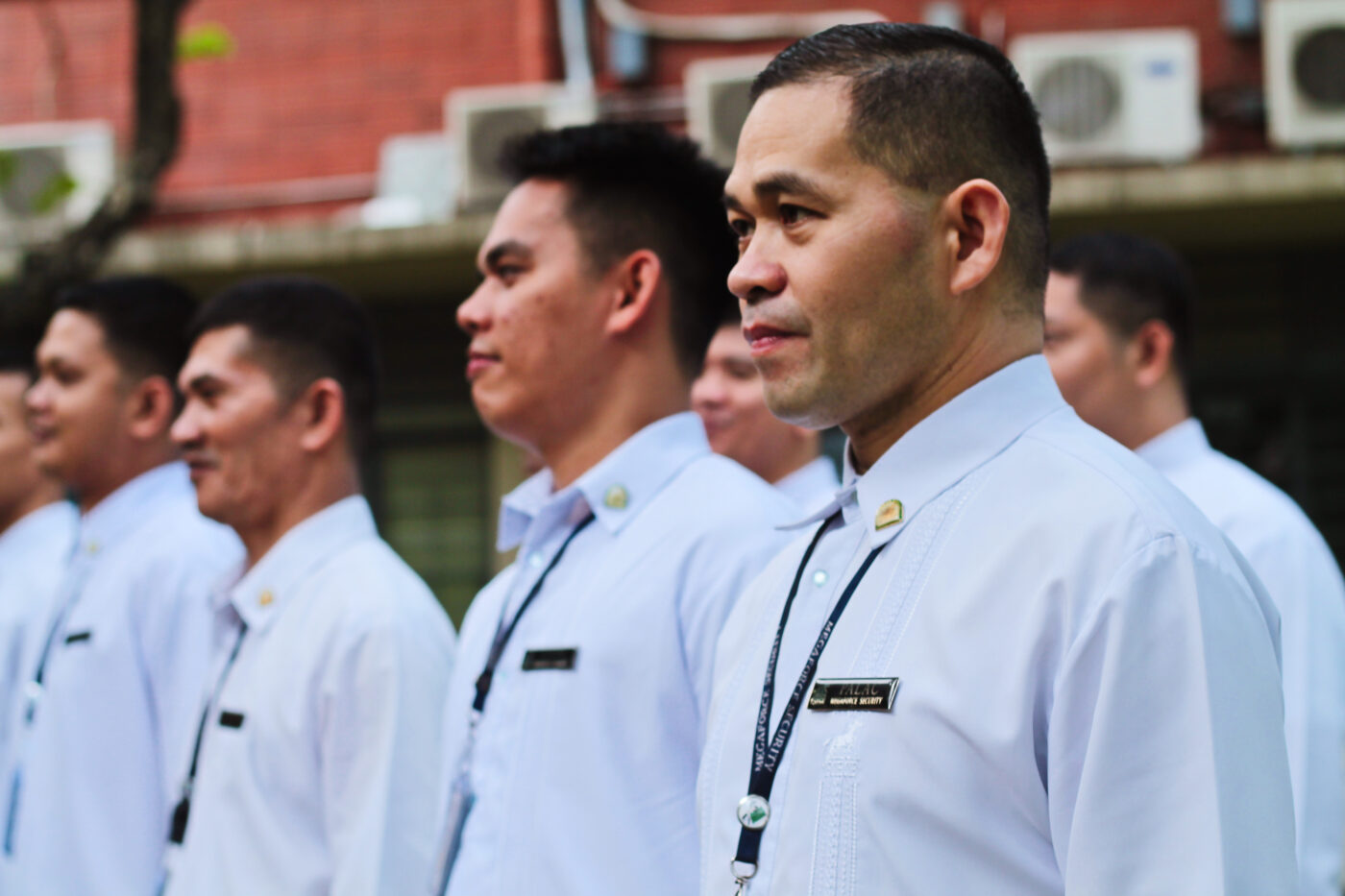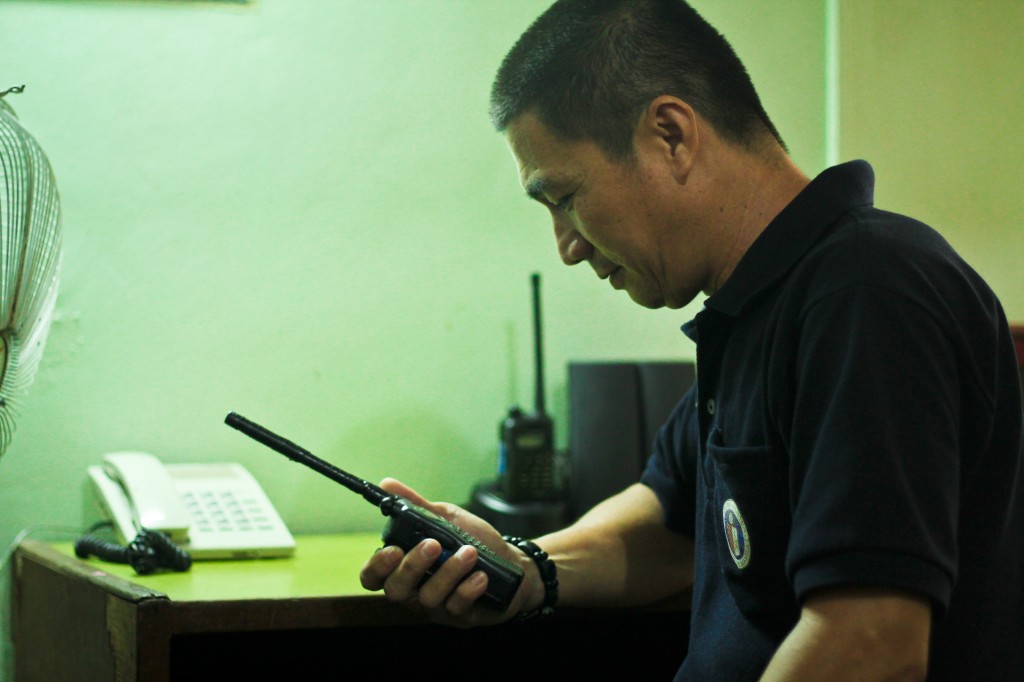Two significant events recently took the spotlight in local news: Typhoon Maring and the #MillionPeopleMarch. Maring brought heavy rainfall and, subsequently, floods that damaged several homes, most of them owned by informal settlers. As for the #MillionPeopleMarch, many attendees not only supported the abolition of the Priority Development Assistance Fund (PDAF) and suggested a more grassroots-oriented system to take its place.
No doubt, it is in times of crisis when the country’s attention turns to the marginalized, since they are the most affected. At the same time, it’s these kinds of crises that force Filipinos to reassess how they look at poverty.
In light of those severely affected by Maring and the pleas to abolish the pork barrel system, how can today’s Filipino properly express outrage? What is it about the system that keeps laborers and workers in their conditions? How are they excluded from the privileges that the middle class receive?
Events such as Maring and the #MillionPeopleMarch force people to admit that poverty is about more than just minimum wage and living in a tin roof house. Even when the poor are able to survive on meager salaries, their ability to hold on to their jobs is sometimes beyond their control. For some of the workers of the Ateneo, this is precisely the case.
The main issue most commonly connected to the Ateneo’s workers is contractualization. This system involves a worker being employed for a certain amount of time—usually no more than six months—before he or she is let go by virtue of contract. However, the plight of the Ateneo’s employees is more nuanced. For all of the Ateneo’s powers as an institution, its workers still face challenges that threaten their livelihood.
Safeguarding
Contractualization became a controversial topic two years ago when the Ateneo chose Megaforce as the new security agency that would replace Leopard. The problem of contractualization was eventually brought to light and the employment process had to be reassessed.
The situation of the Ateneo’s workers is complicated because it is unclear exactly what body holds jurisdiction over them. According to Megaforce Dispatch Commander Darwin Inguerra, Megaforce is not technically employed under the Ateneo, but merely stationed in the campus.
When it comes to administrative matters, Inguerra is the one who oversees his employees. The Ateneo administration does not interfere. “They just give me instruction about the process of the security,” says Inguerra.
Though the departure of Leopard entailed the displacement of many security guards, they were given the option of being assimilated into Megaforce. On the process of absorption, Inguerra asserts that the agency will always accommodate its employees. “If [the guards] love to stay here in Ateneo, and they want to be accompanied by the incoming agency? They are very free to do that.”
In fact, Inguerra states that many of Leopard’s old guards have been absorbed into Megaforce and are being properly accommodated. He also says that the benefits Megaforce offers are that of the standard labor. However, he clarifies that whether a displaced employee is absorbed or not is still at the discretion of the agency.
According to the Director of the Human Resources Management Office (HRMO) Edna Franco, the university does its best to find work for affected employees. “In the event that no suitable position is found that matches the employee’s qualifications and capability, they are separated from employment under the provisions of the Labor Code of the Philippines.”
On contractualization, Edna Franco says that certain jobs such as security work are contracted out to other organizations because the university cannot accomplish such work alone, as they lack the expertise or tools. She continues, “There are also project consultants (contractual employees) who have a definite time frame to finish a project (with a start date-end date and deliverables).”
Blue collars, red tape
According to Franco, the workers of the Ateneo “are viewed as an important resource, which warrants stewardship, wise management and fair treatment.” Despite the efforts of the HRMO, however, the university’s workers still have to struggle through the reality of red tape.
The Ateneo Employee and Workers Union (AEWU) has cemented its position as a protective body for the Ateneo’s workers. It has even extended its reach to workers outside of the university. For example, the AEWU worked closely with the Christian Union for Social and Democratic Advancement (Crusada) in the fight for the labor rights of the Philippine Airlines Employees’ Association by joining their march on Labor Day.
“The services provided by the union to the workers is to protect their rights,” says AEWU President Tobias Tano in a mix of English and Filipino. According to him, there are three distinct benefits that an employee is entitled to as a member of the union. One is the guarantee of due process when involved in a disciplinary case. Another is monetary contributions when severely ill through events such as fundraisers. The third is the guarantee that his or her family will receive benefits amounting to as much as 20,000 pesos if the employee passes away.
Tano also states that the AEWU is on good terms with the Ateneo administration and has not encountered any problems with them. Despite this, the AEWU still faces other challenges within the university.
One such problem is dealing with the faulty system of the Ateneo’s Facilities Management Office (FMO). According to Tano, the FMO is guilty of violating the labor code of the Philippines. The code states that it is prohibited to “contract out services or functions being performed by union members when such will interfere with, restrain or coerce employees in the exercise of their rights to self-organization.”
The FMO, which manages the “physical fixed assets” of the university, has turned the system in its favor. Ideally, security guards file a report, a job order is filed, a request is made at the FMO and it is up to the FMO to carry out the request.
However, AEWU Public Relations Officer Rodolfo Almazan says the FMO has not been adhering to this system. According to him, it is entirely the FMO that files job orders and approves these requests. This system allows people to fulfill tasks that their positions do not call for, which makes the system and the workers obligated to follow it, easier to exploit.
The process by which workers can be compensated for damages sustained from natural calamities such as floods is also problematic. Workers often have to go through a lot of red tape to recover or replace what they lost.
When asked if workers receive monetary compensation, Tano elaborates, “Walang libre. Bibigyan kami na ng loan, ang dami pa nilang hinahanap ng resibo para mabigyan ka ng loan, eh alam naman nila na inabot ka ng kalamidad. ‘Yan ‘yung naranasan namin dito. Loan na yun a. Babayaran mo, pero mahirap ka pa mag-avail (Nothing is for free. We’re given a loan, and they still look for receipts for us to be given a loan, but they know that you’ve been affected by a calamity. That’s what we’ve experienced here. You still have to pay back, but it’s hard to avail of one).”
According to Almazan, the process by which a worker can be cleared for a loan involves showing a photograph of the house and providing an estimate of the damages sustained.
Tano laments the inefficient bureaucracy that surrounds the compensation process. “Since loan ‘yan, at alam niyo naman na talagang affected itong mga employado [dahil sa kalamidad], dapat easy availment na lang ‘yan. Wala na masyadong maraming requirements (Because that’s a loan and you know that your employees are easily affected by the calamity it should be easy to avail one. Not too many requirements).”
He elaborates on the problems of the process by noting the wages of the workers, and how they are given a maximum of one year to pay back a loan. “Whether or not a worker can pay back a loan depends on his or her capacity to pay. Now, if he can’t pay back his loan on time, and it’s obvious that he can’t do so in one year, then let’s move the deadline,” says Tano in a mix of English and Filipino.
Franco, however, asserts that the HRMO “endeavors to maintain cordial relations and open communication with the Union” through the Labor-Management Committee (LMC). The LMC is used as a venue for the HRMO and the Union to discuss important projects that affect the welfare of the workers, such as renewing the health program, or reviewing disciplinary policies.
Callousness
Crusada Premier Rico La Viña makes sure to check on Tano and the rest of the AEWU regularly. “We meet maybe once every two months and get updates on how they’re doing. They tell us if we need anything from us,” he says.
Like Tano, La Viña believes that the administration has been posing no threats to Ateneo’s workers. “The fact that they don’t really need anything from us right now is [a] point that maybe the admin is doing an okay job with the labor union in Ateneo.”
La Viña believes, however, that the problem lies not necessarily in the administration but in the mindset held by students regarding the marginalized. According to him, a lot of students are aware of contractualization partly because of the Junior Engagement Program, though he is quick to note that awareness is simply not enough.
“It’s become something that’s very normal to them. It’s not something that shocks them anymore. It’s something that’s been normalized. It’s part of the culture. And I think that’s problematic—problematic because there’s something wrong when you have to find a new job every four, five months,” says La Viña.
Compensation
Some of the challenges that the workers of the Ateneo face are systemic in nature, while others are cultural. Because of the nuances that distinguish their conditions, it is no longer enough to just be informed of what they go through. Such criticality involves a reassessment of one’s privilege, followed by concrete action.
Tano recognizes this need for reformation. He says, “Hindi ho masama na mag-improve, mag-reorganize [ng sistema] for the benefits of the university and the benefits of the workers. Hindi nagkaroon ka ng improvements, na ang employado mo ang tatamaan (It isn’t wrong to improve or reorganize the system for the benefits of the university and the benefits of the workers. But aiming for improvements shouldn’t come at the expense of your employees).”
The Ateneo’s holistic education is proof that this can and should be the way we approach how we look at what the workers of the university go through. La Viña states, “It’s not just being aware of the issue but being disturbed by it and seeing that this is wrong. And I think maybe that’s something that’s lacking now in Ateneo.”








